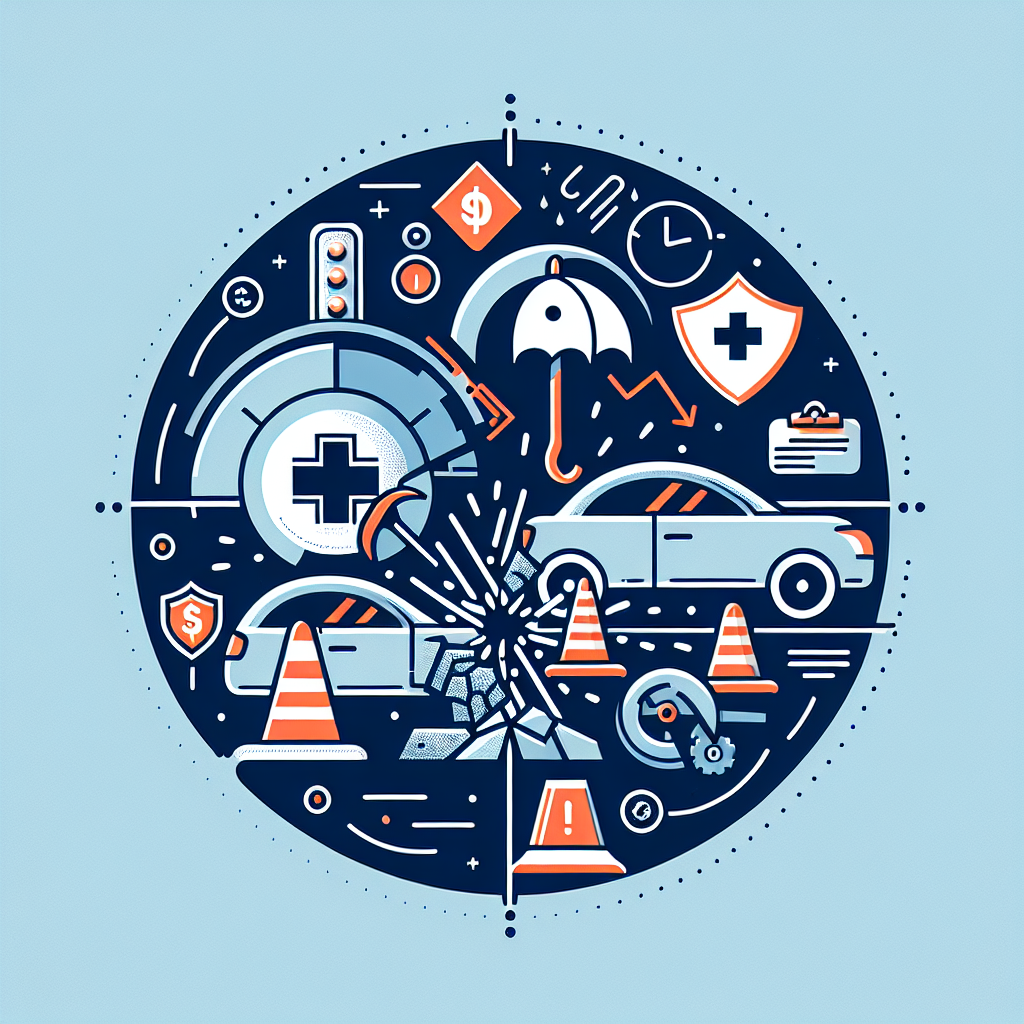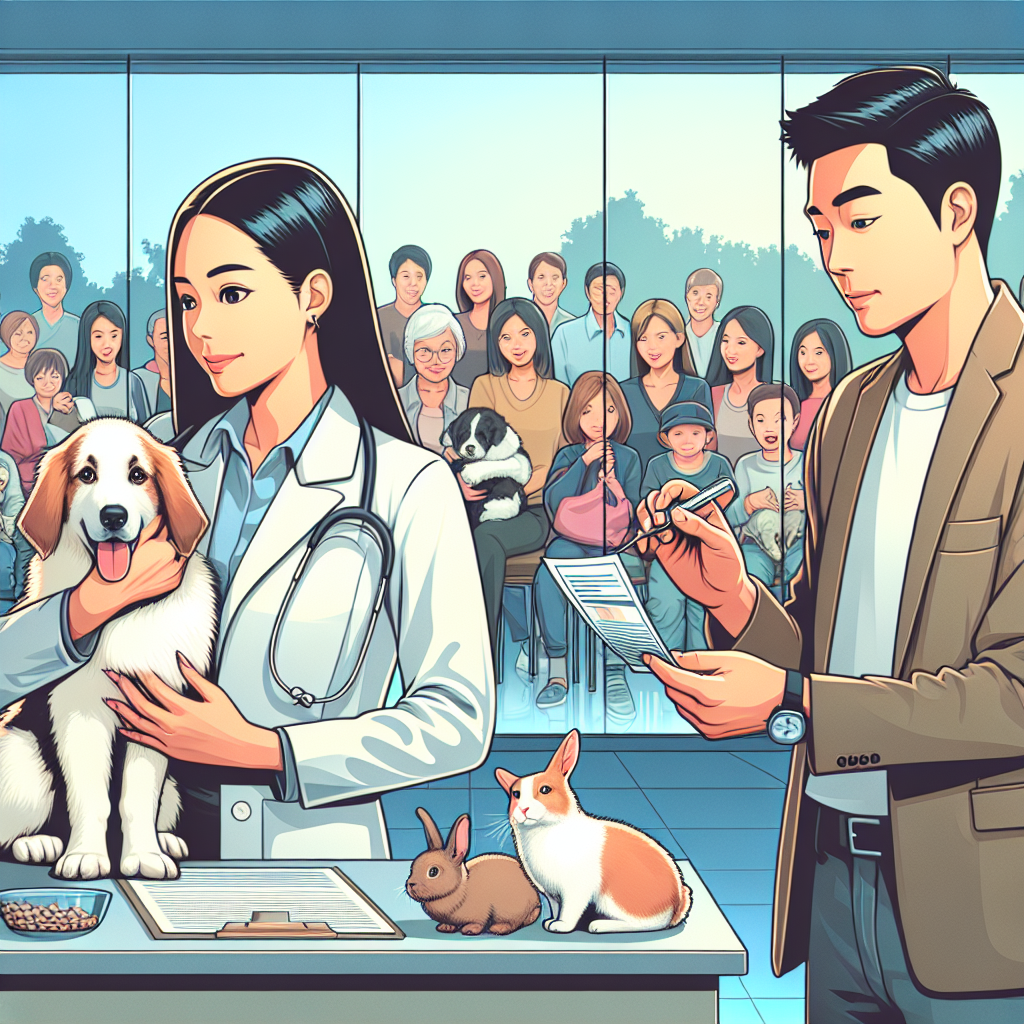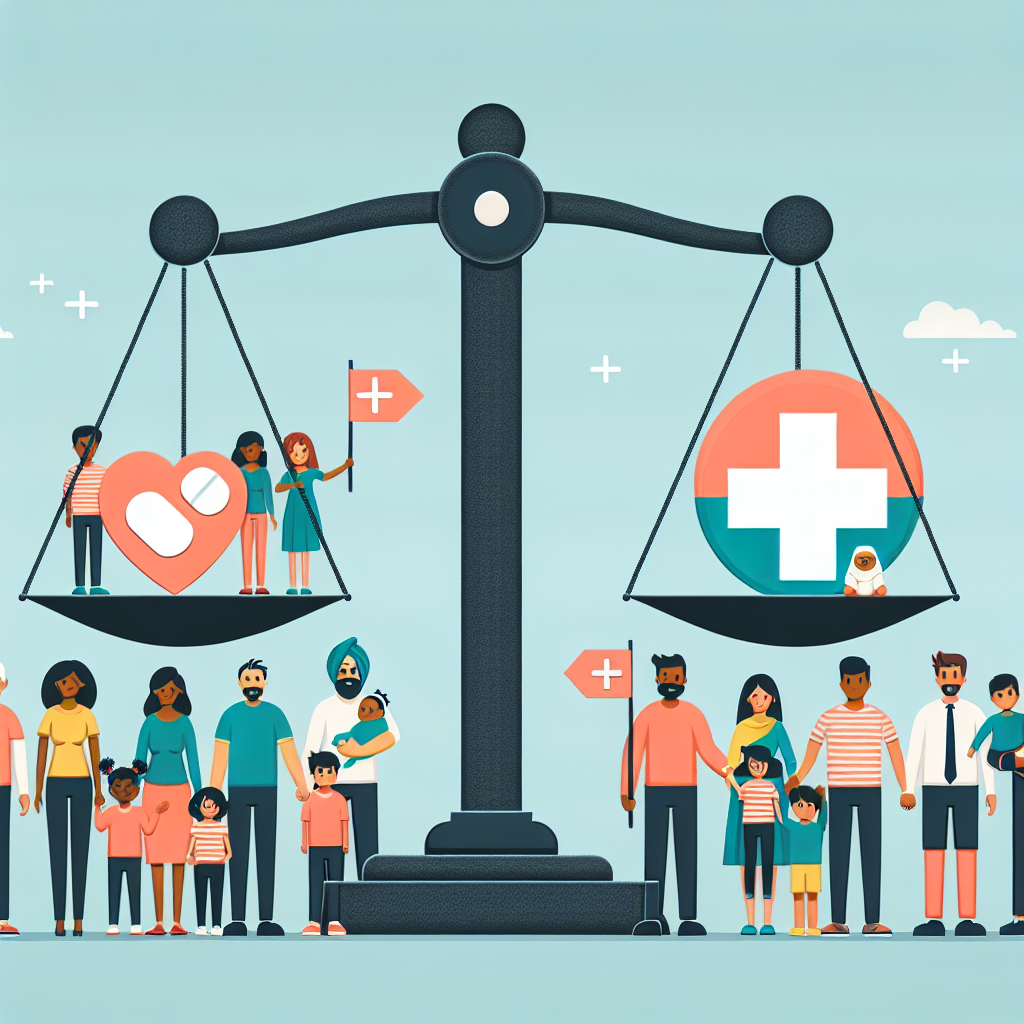Filed under Health Insurance on
Does Health Insurance Cover Car Accident Costs?

Navigating the complex terrain of insurance can often feel daunting, especially when trying to understand which expenses are covered under different types of policies. A common question that arises in the context of vehicular incidents is whether health insurance covers car accident costs. To provide clarity and insight, we delve into this subject, examining various scenarios, policies, and industry practices.
Understanding Health Insurance and Car Accidents
In the event of a car accident, the immediate concern for many is the cost of medical treatment. Health insurance is designed to alleviate the financial burden of healthcare expenses, but its coverage in the context of car accidents warrants deeper exploration. The answer, often nuanced, depends on several factors including the specifics of the health insurance plan, the nature of the accident, and existing laws in a given state or country.
Health Insurance Basics
Before diving into coverage specifics, it’s crucial to first understand what health insurance typically entails. Health insurance plans usually cover a range of healthcare services, from routine check-ups to emergency medical treatments. However, there are often exclusions and limitations within these plans, which can impact reimbursement when it comes to accident-related injuries.
Policy Details Matter
Each health insurance policy comes with its own terms regarding coverage. Some plans may explicitly include or exclude car accident injuries. It's essential for policyholders to review their policy documents carefully. Most policies cover injuries regardless of how they occur, but some might have provisions or exclusions related to accidents.
Coordination Between Health and Auto Insurance
An important aspect to consider is the interplay between health insurance and auto insurance policies. In many regions, auto insurance is the primary payor for accident-related medical expenses, with health insurance acting as secondary coverage. This coordination of benefits is crucial in determining which expenses are covered and by which insurer.
Personal Injury Protection (PIP) and Medical Payments (MedPay)
Many auto insurance policies come with personal injury protection (PIP) or medical payments (MedPay) coverage, which are specifically designed to cover medical expenses irrespective of fault. These can be primary resources before health insurance kicks in. Understanding the role of PIP or MedPay is essential for those involved in accidents as they often cover expenses like lost wages and rehabilitation costs in addition to medical bills.
Factors Influencing Coverage
Several elements influence whether health insurance will cover costs stemming from a car accident. These factors include:
- State laws: Coverage mandates and regulations vary significantly across states.
- Insurance policy terms: Specific inclusions or exclusions in the health or auto policy.
- Coordination clauses: Provisions that determine the order of coverage between multiple insurers.
State-Specific Regulations
The regulatory landscape surrounding insurance coverage for car accidents differs across states. In "no-fault" states, for example, drivers must carry personal injury protection (PIP) that covers their own injury costs regardless of fault, often reducing the need to rely on health insurance initially. Conversely, in "tort" or "at-fault" states, the insurance of the driver at fault typically addresses medical costs, but health insurance may play a role when claims are insufficient or delayed.
Industry Trends and Insights
The insurance industry is continuously evolving, with trends and insights impacting coverage scenarios. A noteworthy trend is the growing integration of digital technology in claims processing, which can streamline the coordination between health and auto insurers. Policyholders should take note of advanced tools and services offered by insurers that can simplify the claims process following a car accident.
Expert Opinions
Engaging with industry experts, like insurance adjustors or brokers, can provide valuable perspectives on nuanced coverage questions. Experts often recommend maintaining comprehensive records of medical treatments and coordinating with insurance providers promptly following an accident to ensure smooth claims processing. They also stress the importance of understanding both primary and secondary coverage responsibilities to avoid delays in reimbursement.
The Role of Legal Professionals
Legal professionals can play a significant role during the claims process. In situations where there is confusion or dispute over coverage, seeking legal advice can be advantageous. Lawyers specializing in personal injury or insurance law can offer guidance and advocacy, particularly in complex cases where multiple insurance policies intersect.
Practical Steps for Policyholders
- Review your health and auto insurance policies to understand coverage specifics.
- Contact both insurers to clarify the coordination of benefits in the event of an accident.
- Keep detailed records of all medical treatments and correspondence with insurance companies.
- Consider supplemental insurance options if current coverage seems inadequate for potential car accident scenarios.
- Stay informed about state regulations that might affect coverage and claims.
The Future of Insurance Coverage
With technology advancing and consumer needs evolving, the future of insurance, especially in terms of coverage for car accidents, promises continued change. Emerging technologies such as telematics and data analytics could lead to more personalized insurance plans, which better reflect individual risk profiles and lead to more efficient claims handling. Policyholders should stay informed about such innovations, which might influence coverage terms and improve post-accident support.
Conclusion
Understanding whether health insurance covers car accident costs involves navigating policy details, state laws, and industry practices. While health insurance often plays a secondary role to auto insurance in covering medical expenses related to accidents, the specifics vary widely. By staying informed, reviewing policies, and engaging with insurance and legal professionals, individuals can better prepare for and manage the financial implications of car accident injuries.





